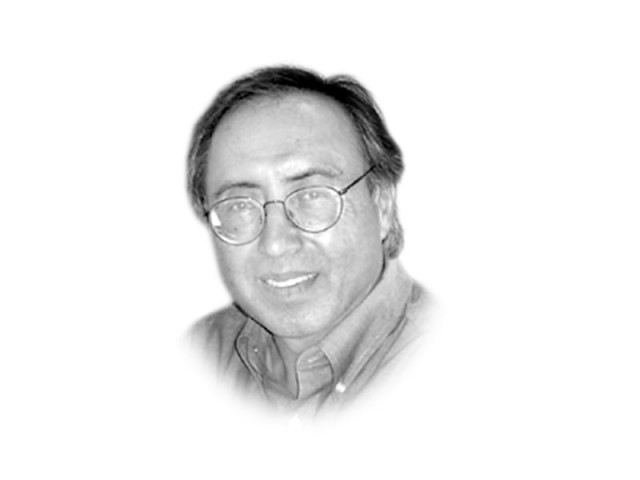Revolutionary change
Public education is the only means for winning freedom and power for the poor.

The writer is a security and political analyst and works at the Institute of Strategic Studies, Islamabad

Some of these movements and their revolutionary effects in society are quite visible in Pakistan today. I will just mention two: the media and its national reach and the civil society organisations, which comprise tens of thousands of people, touching the lives of those at the grassroots level almost in every corner of Pakistan. Both these movements have produced a meaningful change in many spheres, but the most important ones, in my view, are the spheres of freedom and empowerment. Not every person is free or empowered and cannot be in most developed countries; but the fact is that tens of millions now have a greater sense of freedom and empowerment.
What social movements do is that they set a process of change in motion, create some energy or set a good example for others to follow, join the movement or emulate the experience. We know that the media and civil society have their critics and I would like to be one of those, but one must weigh the benefits of what they do and the potential they have for social change in terms of freedom and empowerment against their shortcomings in terms of agenda and manipulation.
There is a third type of social change that one shouldn’t easily dismiss as insignificant: the growing drive for quality education. This drive is far greater in the sprawling urban areas and in their immediate periphery. Even poor families are sending their kids to private ‘English medium’ schools by paying ten times the monthly fee for public schools. A family changes forever the moment it realises the importance and benefits of education. It is more heartening that in many cases, the help for the poor and needy is socially available through charity-based school systems that function in every corner of the country. Since our focus is on the negative, this very laudable aspect of generosity of Pakistani society doesn’t shine as much as extremism and violence do. But private and charity-based education is merely filling the big gaps in our run-down education system.
Public education is the key to social revolution. Media and civil society revolutions couldn’t be possible without the public education system of the country, particularly its horizontal spread. Neither the military regimes and, sadly, nor the democratic governments, have adopted public education as the focal point of their agenda. The neglect continues. Half-hearted, weak and unrealistic measures have wasted time and resources. Three factors work against revolution through education. The first is the lack of a coherent, sustainable and imaginative education policy. Second is the barrier of a feudal and tribal system in many parts of the country. With very few exceptions, the old powerful classes dominating politics at all levels actually work against public education. They fear freedom and empowerment of the poor sections of society that work for them. Finally, the educational bureaucracy has a lot to answer for in terms of the existence of ghost schools, poor enrolment and very poor standards.
Public education is the only means for winning freedom and power for the poor. It is never late to start good work in this neglected area.
Published in The Express Tribune, December 24th, 2013.
Like Opinion & Editorial on Facebook, follow @ETOpEd on Twitter to receive all updates on all our daily pieces.















COMMENTS
Comments are moderated and generally will be posted if they are on-topic and not abusive.
For more information, please see our Comments FAQ